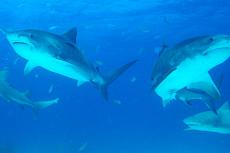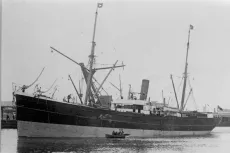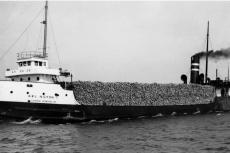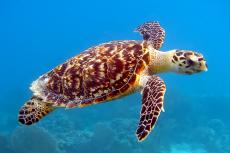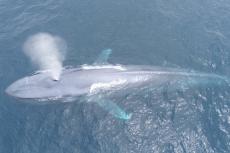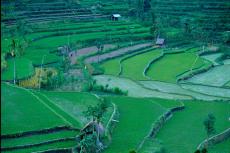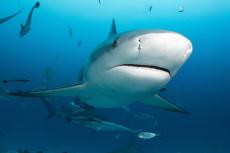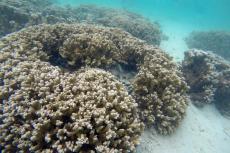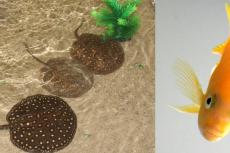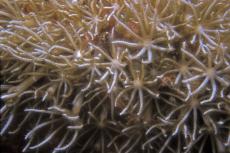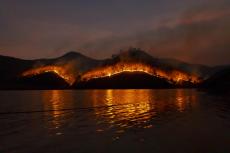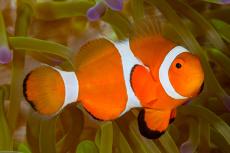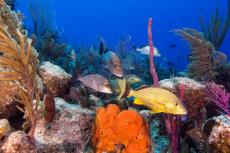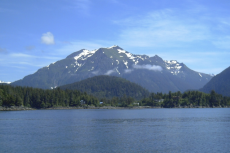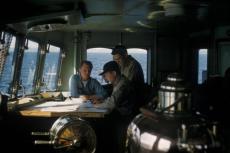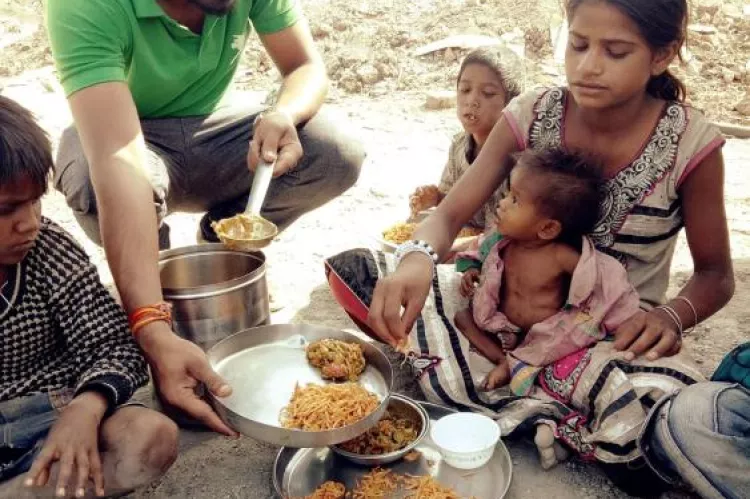
Scuba divers are among a growing group of individuals who have the unique privileges to vista, see, and interact with some of the most beautiful places on the planet. While most everyone can certainly appreciate the marvels of nature in a variety of ways, scuba divers get to see things from a very different perspective: up close and in person underwater!
The ocean environments have been likened to visiting another planet while still being on Earth because the range of species, geological elements, and ecosystems are unique to the sea alone. For those who have been lucky or motivated enough to get their scuba certifications the interactions born out of this experience tend to cultivate an appreciation and respect for the fragile places they are diving in.
At the same time, being that so many of the places one can find the best diving in the world tends to be somewhat remote or undeveloped, there are other opportunities which exist nearby that may have been overlooked. Unless someone has already pointed it out, one might be surprised to find that there are plenty of opportunities to also spend time making a difference in the local communities where diving trips take place.
Here are some ways for scuba divers to get involved in the local communities they might visit on a dive trip.
Start with Research
As with most things nowadays, the fathomless interconnectedness that has been made available to because of technology, the number of places, ways, and times that someone can choose to get involved in the world around them is staggering. Since it is likely that the volunteer opportunity will most likely be connected as a secondary goal to the trip in mind, choosing the location of that scuba dive will be a great starting point.
From there a general search into what organizations are involved in the local area is an easy way to narrow down the list of options (if any). Additionally, rather than becoming overwhelmed by the number of choices, it is best to start by considering what ways to become involved in serving.
Taking time to consider specific skill sets one may have or how to best contribute to a community or organization is a sound strategy. Once that has been narrowed down, doing the detailed work of making sure travel dates and times align with all parties involved is the final step. From there, all that is left to do is have fun!
A Few Organizations
While there are certainly plenty of organizations that one can locate worldwide to spend time volunteering doing things like community health promotion, trash clean up, or building housing, there are only a few that rise to the top of the list which directly incorporate a diving theme. Marine biology and scuba diving go hand in hand with other research-based sciences or global, environmental initiatives.
Here are a few that stand out:
GVI
Global Vision International (GVI) has made its goal to address issues that involve the entire globe down to smaller local initiatives. They have notable educational programs which provide any necessary training to accompany any number of projects that seek to bring sustainability around the world. With all the international partnerships and connections available they have the ability to place a willing volunteer in a lot of different countries.
The partnerships they have formed with governments, NGOs or local outfits run a familiar list of names like Save the Children or The Red Cross — where faith based nursing would be welcome— to national parks all over the planet. They host marine conservation expeditions, sustainable development projects and research-based initiatives. All volunteers are provided with the necessary training to participate effectively.
Blue Adventures
Blue Adventures is another organization that offers wonderfully unique opportunities to help leading scientists in a variety of projects which are geared toward data collection in one of the most beautiful and biodiverse locations in the world: Madagascar. This marine conservation organization dedicates itself to education, conservation, and developing sustainable initiatives.
Their expeditions are open to both qualified and non-qualified divers and last up to six weeks. Most uniquely is that some dive spots are entirely original because of the research-based nature of the work.

